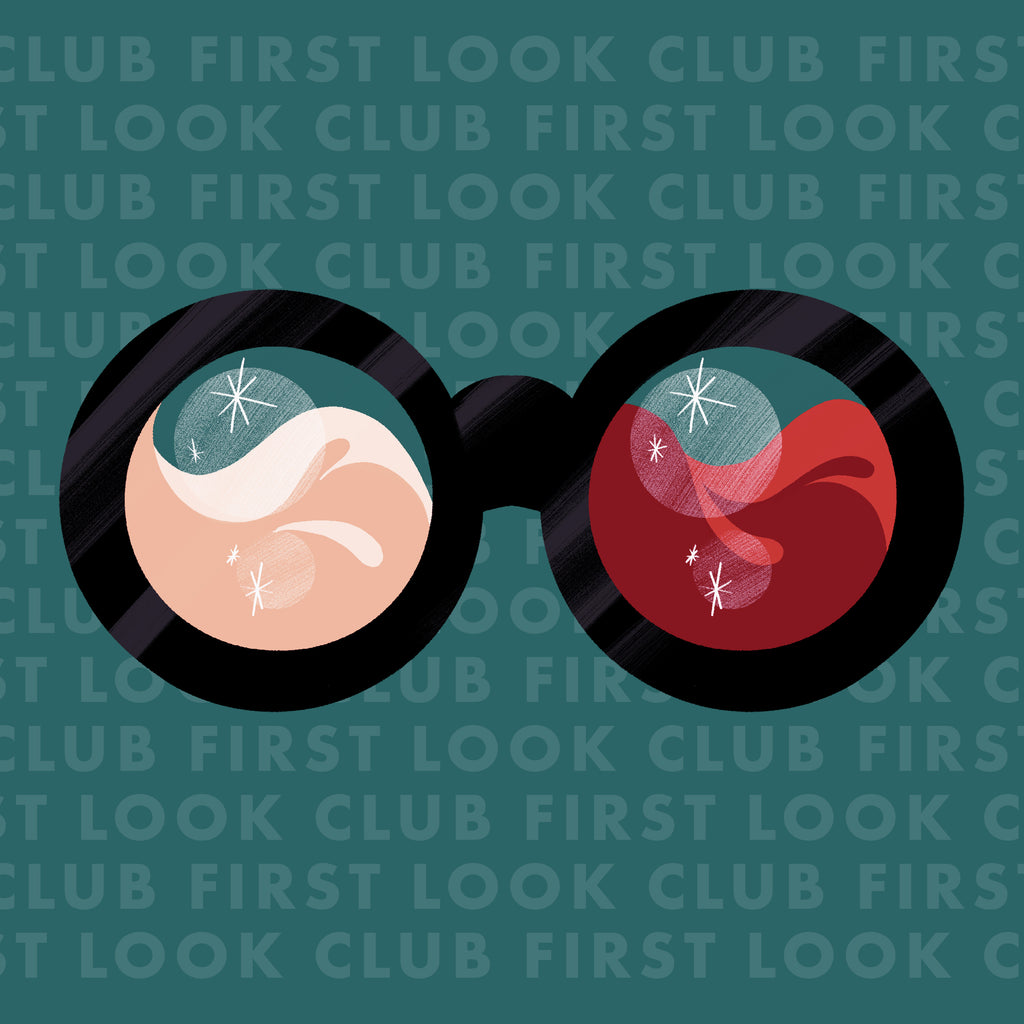FLC March - New Horizons
At WineLab, we have a real grá for those that are up for a bit of fun and a challenge. We are naturally drawn towards winemakers that strike the ideal balance of showing great dedication and care to their product whilst maintaining a relaxed, approachable attitude towards their wines. Fancy classifications aren’t the end all be all when we are choosing our wines – for us we are more interested in finding a product that is artfully crafted and breaking the mould. For March’s FLC, we are featuring wines some of our winemakers' passion projects.
FLC members also got to consider this:
The Evolving World of Wine
In the world of wine, even the seemingly stable, constant systems in place – such as defining wine growing areas, with most wine producing countries having an extensive classification system– are constantly being challenge and updated. In Europe, these nationalised classification systems started cropping up in the 1930s. You’ve probably come across acronyms such as ‘AOC’, ‘DOC’, ‘IGP’, etc on your wine labels – these indicate the classification of the wine. Every country and every region has different parameters to achieve these classifications. These are relatively new concepts when you consider that humans have been making wines for thousands of years!
In recent years, there have been many changing attitudes towards these regulations. For decades, winemakers felt that they couldn’t achieve commercial viability without obtaining the specific Geographic Identification (GI) quality markers. Grape growers in certain areas would rip out existing vines and replant with wines that were required to achieve GI statuses. While often these permitted varieties are well-suited to regions, this move saw the removal of old vine, heritage varieties throughout Europe and a homogenising style for many regions. However, as the effects of climate change have become irreversible, many areas have had to update permitted grape varieties in order to keep wine regions viable. This has applied to even the most iconic of wine regions, such as Bordeaux – there are now varieties typical of Portugal, such as Touriga Nacional, that are permitted to be included in Bordeaux.
Another huge shift in the world of wine classifications is the natural wine movement. Many small, independent wineries wanted to produce wines that were funky, unique and different from the typical style of their regions. The variations could come from the types of grapes they were growing, the winemaking decisions they made, and even the way they were bottling – or packaging – the wine. At WineLab, we are very familiar with how limiting some classifications are! WineLab’s founding product was Wine on Tap. We source kegged wines from all over Europe and the US. Many of our kegged wines come from famous DOs and AOCs. However, many of these groups will not grant the DO/AOC classification to the kegged wines, simply because it is not in a bottle. The exact same wine, if bottled, is granted the classification!
As winemakers experiment outside the parameters of the GI regulations, they often have to ‘demote’ their wines down from recognisable regions to basic ‘table wines’. This is a risk for the winemaker, as many consumers will affiliate these lower classifications as wines of lower quality and will face more challenges discerning the quality of wines from the label. However, for the determined and ambitious winemaker, this is a risk they’re willing to take. For winemakers and customers, they must rely on trusted wine importers and retailers to ensure that the quality of these declassified wines are successfully communicated.

